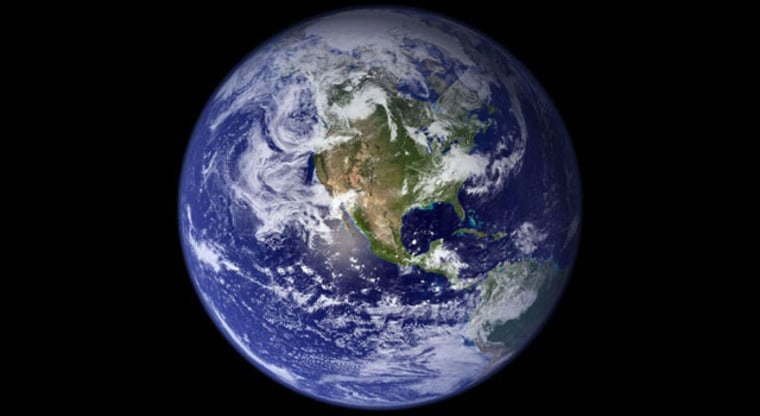You won't notice it, but the day just got a tiny bit shorter because of Friday's giant earthquake off the coast of Japan.
NASA geophysicist Richard Gross calculated that Earth's rotation sped up by 1.8 microseconds. That's because of the shift in Earth's mass caused by the 8.9-magnitude earthquake. A microsecond is one-millionth of a second.
Friday's change in rotation speed is slightly more than the one caused by last year's larger Chile earthquake. But 2004's bigger Sumatra earthquake caused a 6.8-microsecond shortening of the day.
Changing the length of a day by that much may sound like an impressive feat, but in fact that magnitude of change is so small that it's lost over time. Seasonal changes in ocean currents and the atmosphere move the length of a day back and forth over a range of 1 millisecond, or 1,000 microseconds.
In the long run, all those changes will be canceled out by the gradual lengthening of Earth's day that is caused by the transfer of angular momentum to the moon. Apollo-era experiments indicated that the moon is gradually receding from Earth, at a rate of about 3.8 centimeters per year, and that implies that Earth's day should be getting 17 microseconds longer every year.
This report includes information from The Associated Press and msnbc.com.
